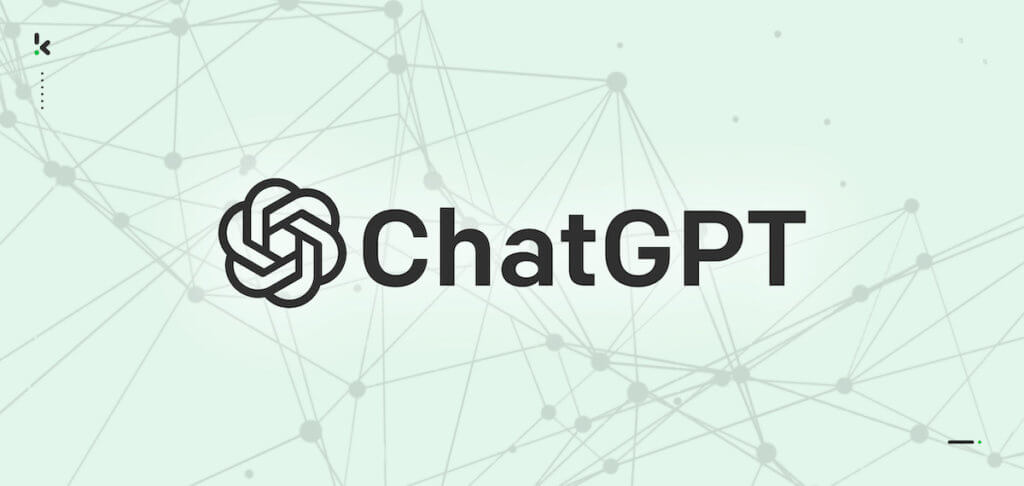Introduction:
As technology continues to advance, software developers face ever-increasing demands to create innovative solutions and deliver efficient code. Fortunately, artificial intelligence (AI) is playing a significant role in assisting developers throughout their journey. One remarkable AI tool that has gained immense popularity is ChatGPT, a language model developed by OpenAI. In this blog post, we will explore how ChatGPT helps software developers in various aspects of their work, from ideation and problem-solving to code generation and documentation.
1. Idea Generation and Problem-Solving:
One of the initial challenges developers encounter is brainstorming and refining ideas for new projects or features. ChatGPT can act as a virtual brainstorming partner, helping developers generate ideas, explore different approaches, and validate concepts. By engaging in interactive conversations with ChatGPT, developers can receive suggestions, ask questions, and receive insightful feedback, all of which contribute to refining their ideas and solving complex problems.
2. Code Assistance and Completion:
ChatGPT excels in providing code assistance and completion, significantly boosting developers' productivity. Whether you're working in Python, JavaScript, Java, or other programming languages, ChatGPT can assist you by suggesting code snippets, completing code blocks, and offering intelligent auto-completion based on context. This feature saves valuable time and reduces the chances of syntax errors or typos, ultimately improving the quality of the code.
3. Error Debugging and Troubleshooting:
Debugging and troubleshooting are integral parts of software development. When developers encounter issues or errors, ChatGPT can serve as a helpful debugging assistant. By describing the problem and providing relevant code snippets or error messages, developers can seek guidance from ChatGPT, which can suggest potential solutions or provide insights into common pitfalls. This interactive troubleshooting capability can accelerate the debugging process and help developers overcome obstacles more efficiently.
4. Learning and Documentation:
Software development involves continuous learning and staying updated with new technologies and best practices. ChatGPT can act as a knowledgeable companion, offering explanations, definitions, and examples to help developers understand complex concepts. Additionally, developers can leverage ChatGPT to generate documentation, code comments, or API reference materials by simply describing the functionality they want to document. This feature saves time and ensures that documentation remains up-to-date and comprehensive.
5. Collaboration and Community Support:
ChatGPT can foster collaboration among developers by providing a platform for sharing ideas, discussing challenges, and seeking advice. Developers can engage in virtual discussions with ChatGPT, exploring different perspectives, and receiving suggestions or insights from an AI-powered peer. This collaborative aspect of ChatGPT encourages knowledge sharing and empowers developers to tap into a global community of expertise.
Conclusion:
ChatGPT has emerged as a game-changer for software developers, revolutionizing the way they ideate, problem-solve, code, and collaborate. With its ability to assist in idea generation, provide code completion, aid in error debugging, facilitate learning and documentation, and encourage collaboration, ChatGPT enhances developers' productivity, efficiency, and creativity. By leveraging the power of AI, developers can unlock new possibilities and overcome challenges in their software development journey. Embracing ChatGPT is a step towards a more streamlined and rewarding development experience.
